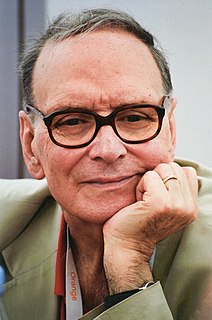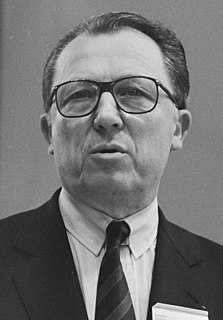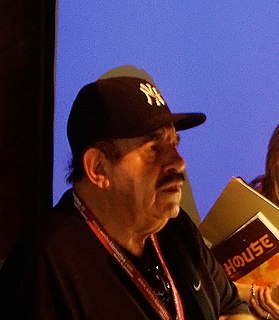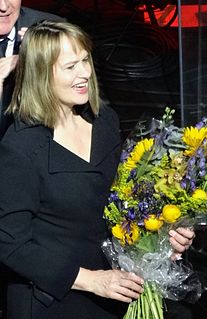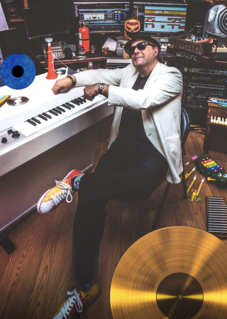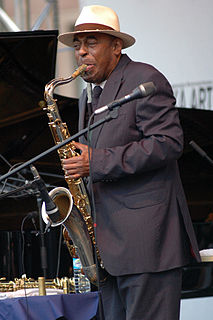A Quote by Krzysztof Penderecki
I have always had an audience for my music, even in the very avant garde, crazy times.
Quote Topics
Related Quotes
The avant-garde has always existed throughout the history of mankind. The good things from the avant-garde last and eventually, after many years, become tradition and people forget they were ever part of the avant-garde. The kitchen is a living discipline, always evolving, and there will always be cutting edge things that over the years, ends up being part of tradition.
Cornelius Cardew very famous in Britain, because he was the darling of the avant-garde, and he played in a band called AMM, which was an improvising band in the '60s. Paul McCartney used to come watch them. Later on in life, he became disenchanted with avant-garde music, because he felt it couldn't reach the public. It didn't have a wide enough appeal. So he'd take these tunes of old English folk songs and write Stalinist lyrics over the top of them. I do think that when he changed to folk songs, he actually lost the tiny audience he already had, which is quite interesting.
It's very interesting to read why Cornelius Cardew became disenchanted with academic avant-garde music. He wanted to reach as many people as possible and change their consciousness. He wanted to reach the "working classes" in England. The kind of music he was making was very much from the academy, even though it had a lot in common with things like free jazz and improvisation, and he felt that it was the music of the elite, and that he wasn't really speaking to the people.
More than one branch of the avant-garde, claiming to break with the bourgeois vision and mode of production, remains tied to it in spite of its denials and ex-communications. We are far from having overcome bourgeois thought or practices, despite the socialist "intermission" between the Russian revolution and the collapse of the Berlin wall. The avant-garde has lost its radical nature. On the other hand, "bourgeois theatre" is sometimes subtle enough to flirt with the avant-garde or to make "intelligent boulevard theatre.
I'm a fan of 20th century orchestral music, the experimental avant-garde composers of the '50s, '60s, and '70s. In horror movies you can write music that if it was performed on the concert stage would have the audience running out of the room with their fingers in their ears. But in a movie all of a sudden it becomes incredibly accessible and appreciated.






